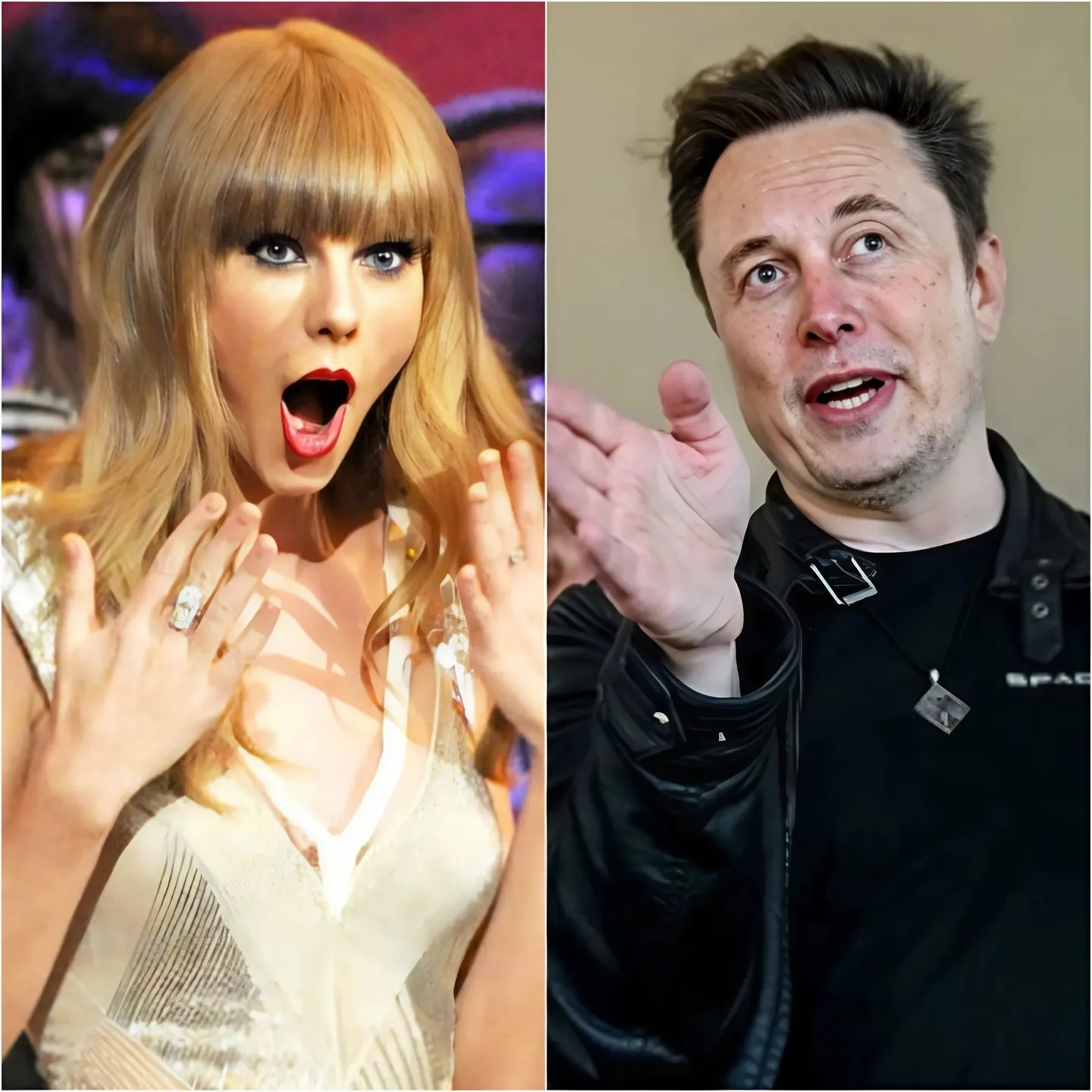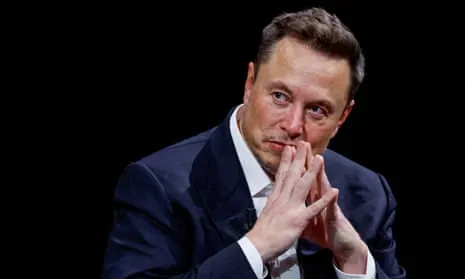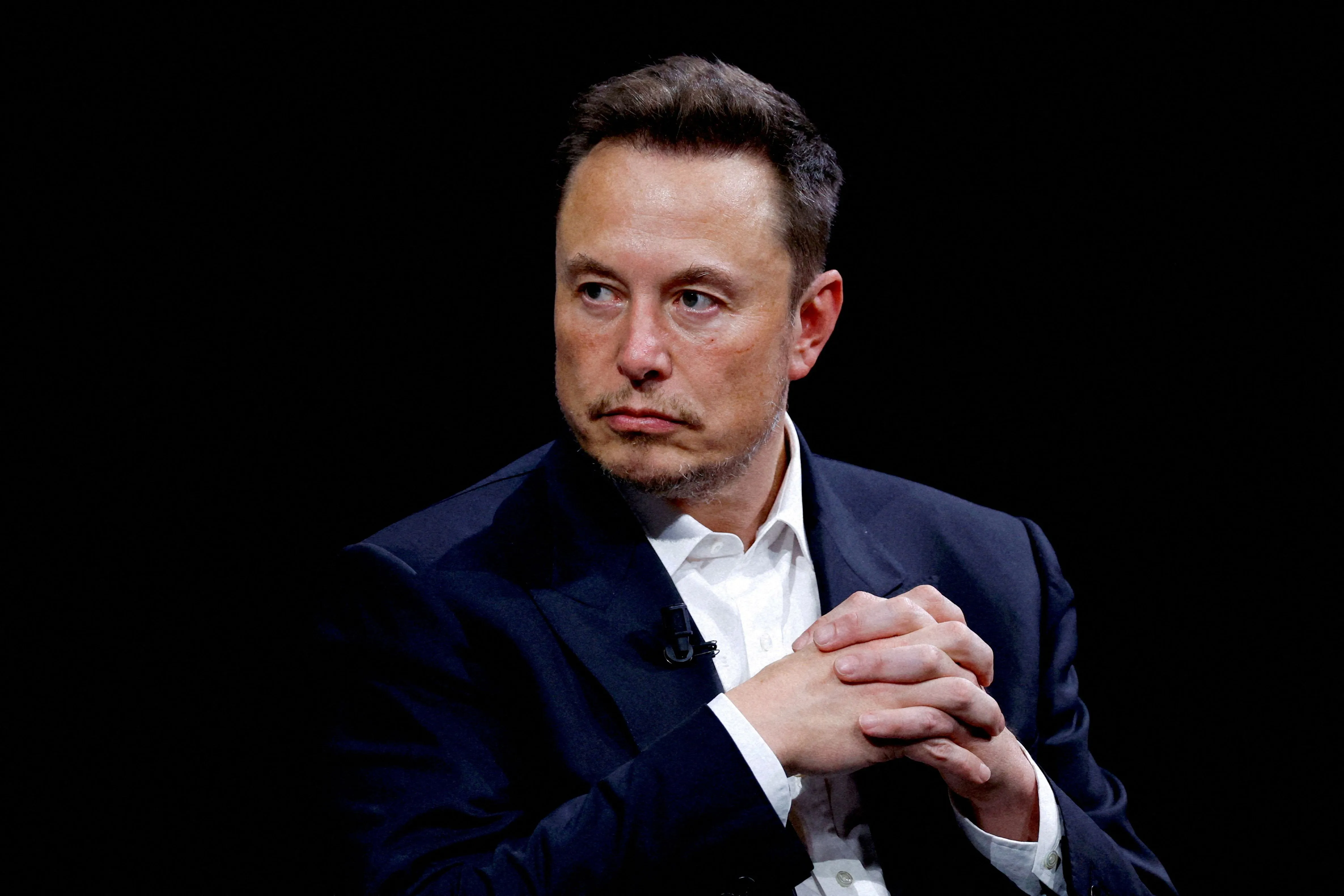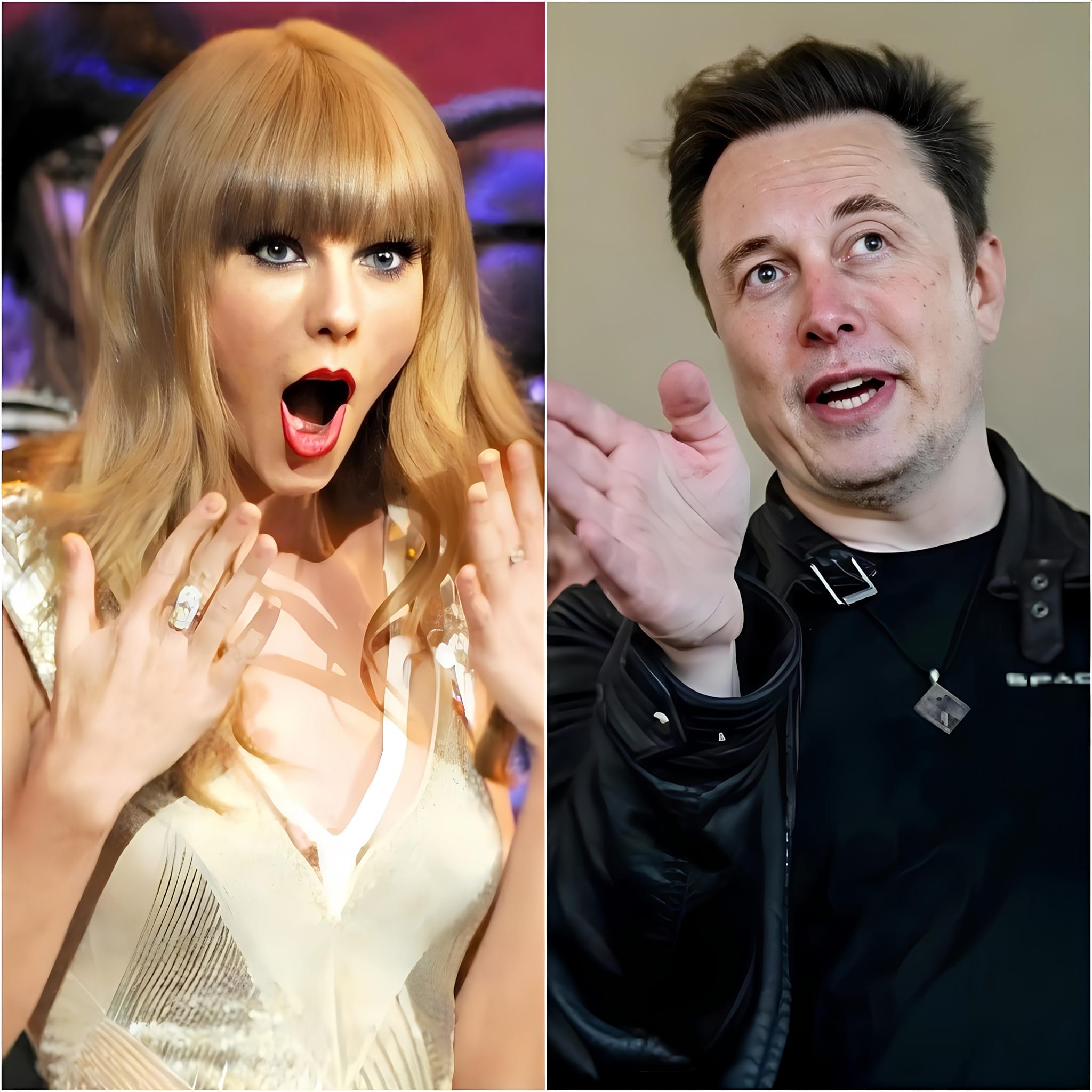BREAKING NEWS: Elon Musk plans to buy ABC and appoint Tucker Carlson as CEO: “The only way to eliminate woke ideology from the network.”

This shocking revelation has sparked heated debates across social media, news outlets, and political circles. For some, it represents a bold attempt to counterbalance perceived left-leaning biases in mainstream media. For others, it raises concerns about the consolidation of media power in the hands of a few wealthy individuals with political agendas. Regardless of perspective, the implications of Musk’s potential move are profound and multifaceted.

Musk’s entry into the media space has been anticipated by some ever since his controversial acquisition of X. Under his leadership, X has shifted its policies to emphasize free speech and reduce content moderation, sparking both praise and criticism. For Musk, owning a traditional media network like ABC appears to be the next logical step in his mission to reshape the way information is disseminated.

The decision to appoint Tucker Carlson as CEO aligns with Musk’s commitment to challenging the status quo. Carlson, who left Fox News under contentious circumstances earlier this year, has since launched a digital news program on X. The partnership between Musk and Carlson suggests a shared vision of transforming ABC into a platform that prioritizes alternative perspectives, particularly those critical of progressive ideologies.
Musk has not shied away from sharing his disdain for what he calls “woke culture” and its influence on media and entertainment. He has frequently criticized major media outlets for promoting narratives he views as divisive or ideologically driven. By acquiring ABC, Musk appears determined to take direct action against what he perceives as a systemic problem.
The financial logistics of such an acquisition are, of course, staggering. ABC is owned by The Walt Disney Company, one of the largest entertainment conglomerates in the world. Disney’s valuation of ABC, combined with its affiliated television stations and production assets, would likely result in a multibillion-dollar price tag. However, Musk’s substantial wealth, estimated at over $200 billion, puts him in a unique position to negotiate such a deal.
Industry experts are divided on whether Disney would even entertain the idea of selling ABC. On one hand, Disney has faced mounting financial pressures in recent years, with declining cable subscriptions and the challenges of adapting to a rapidly evolving media landscape. Selling off ABC could provide a much-needed cash infusion for the company to focus on its core streaming and theme park businesses. On the other hand, relinquishing ABC would mean parting with a legacy brand that has played a pivotal role in shaping American television for decades.
If the deal proceeds, the impact on ABC’s programming and editorial approach could be dramatic. Musk’s vision for the network reportedly includes a complete overhaul of its news division, prioritizing investigative journalism and reducing reliance on opinion-driven content. Carlson’s influence, meanwhile, could steer the network toward a more conservative editorial stance, which would likely resonate with viewers who feel alienated by other mainstream outlets.
However, such changes would not come without risks. ABC’s current audience, which spans a broad demographic spectrum, might resist a sudden shift in editorial tone. Advertisers, too, could reconsider their partnerships if the network’s content becomes polarizing. These potential challenges highlight the fine line Musk and Carlson would need to navigate to achieve their objectives.
Critics of the potential acquisition have voiced concerns about the broader implications of media ownership consolidation. Musk’s existing influence through X, combined with control over a major television network, could create an unprecedented concentration of power. Detractors argue that this could undermine journalistic integrity and limit the diversity of viewpoints available to the public.
Supporters, however, see Musk’s move as a necessary disruption to a media landscape they believe has become overly homogeneous. For these individuals, the prospect of a reimagined ABC led by two high-profile critics of “woke” culture represents an opportunity to challenge entrenched narratives and foster a more balanced discourse.
Legal and regulatory hurdles could also complicate the acquisition process. The Federal Communications Commission (FCC) and other regulatory bodies would likely scrutinize the deal to ensure compliance with antitrust laws and media ownership rules. Musk’s legal team would need to address these challenges meticulously to secure approval for the purchase.
In the meantime, the news of Musk’s intentions has already sent ripples through the media industry. Competitors are undoubtedly watching closely, while employees at ABC are reportedly bracing for potential upheaval. The uncertainty surrounding the network’s future underscores the high stakes of this potential acquisition.
Musk’s track record as a disruptor in industries ranging from electric vehicles to space exploration suggests that he is unlikely to back down from a challenge. If he succeeds in acquiring ABC and implementing his vision, the move could set a precedent for other wealthy individuals seeking to influence media narratives. Alternatively, it could serve as a cautionary tale about the risks of intertwining business ambitions with ideological crusades.
As the story continues to develop, one thing is clear: Elon Musk’s plans to buy ABC and appoint Tucker Carlson as CEO have ignited a new chapter in the ongoing debate over the role of media in society. Whether this bold gamble will yield the results Musk envisions remains to be seen, but its implications for journalism, politics, and culture are undeniable.






